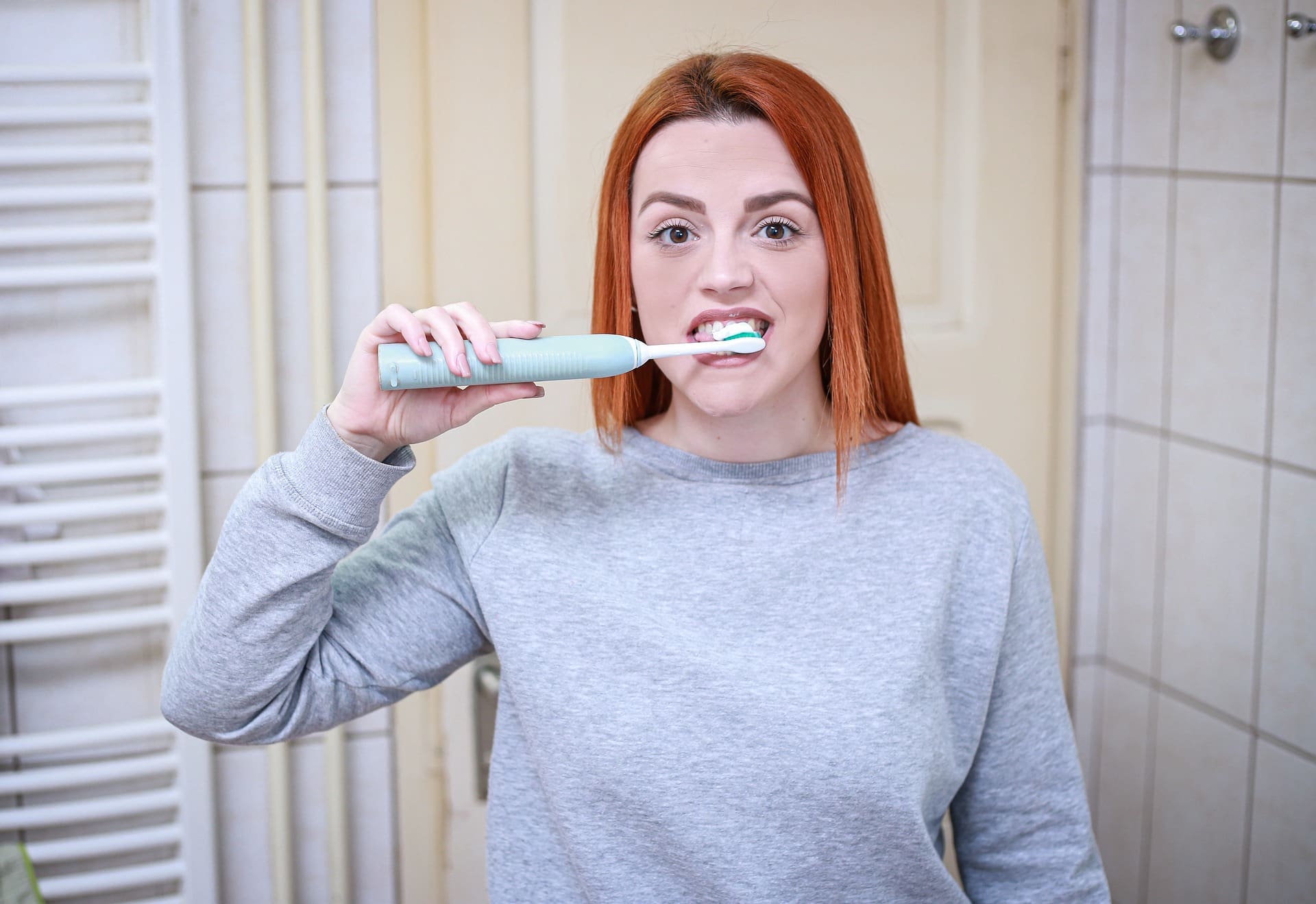Maintaining good oral health is not just about visiting the dentist regularly; it’s also about what you do at home. Proper oral hygiene practices can prevent a range of dental issues, from cavities to gum disease. In this comprehensive guide, we will share top tips for maintaining your oral health at home, ensuring your smile stays bright and healthy.
1. Brush Your Teeth Twice a Day
Brushing your teeth twice a day is the foundation of good oral hygiene. Use a soft-bristled toothbrush and fluoride toothpaste to brush all surfaces of your teeth. The ideal brushing technique involves holding the toothbrush at a 45-degree angle to your gums and using gentle, circular motions. Spend at least two minutes brushing, ensuring you cover all areas, including the back teeth and along the gumline.
2. Floss Daily
Flossing is crucial for removing plaque and food particles between your teeth, where a toothbrush cannot reach. Use about 18 inches of dental floss, winding most of it around your middle fingers and leaving a few inches for cleaning. Gently slide the floss between your teeth, curving it around each tooth and moving it up and down. Don’t forget to floss behind your back teeth as well.
3. Use Mouthwash
Mouthwash can be a valuable addition to your oral hygiene routine. It helps kill bacteria, freshen breath, and reach areas that brushing and flossing might miss. Choose an antiseptic or fluoride mouthwash and rinse for 30 seconds after brushing and flossing. This can help reduce plaque buildup and strengthen your teeth.
4. Stay Hydrated
Drinking plenty of water is essential for your overall health and your oral health. Water helps wash away food particles and bacteria, keeping your mouth clean. It also stimulates saliva production, which is your mouth’s natural defense against tooth decay and gum disease. Aim to drink at least eight glasses of water a day.
5. Limit Sugary and Acidic Foods
Sugary and acidic foods can contribute to tooth decay and erosion. Bacteria in your mouth feed on sugar, producing acids that attack your tooth enamel. To protect your teeth, limit your intake of sugary snacks, sodas, and acidic foods like citrus fruits and vinegar. When you do consume these foods, rinse your mouth with water afterward and wait at least 30 minutes before brushing to avoid further enamel erosion.
6. Eat a Balanced Diet
A balanced diet is vital for maintaining strong teeth and gums. Include plenty of fruits, vegetables, lean proteins, and dairy products in your diet. Foods rich in calcium, such as milk, cheese, and yogurt, help strengthen your teeth. Crunchy fruits and vegetables, like apples and carrots, can help clean your teeth and stimulate your gums.
7. Avoid Tobacco Products
Tobacco use is a significant risk factor for oral health issues, including gum disease, tooth decay, and oral cancer. If you smoke or use other tobacco products, consider quitting. There are many resources available to help you stop smoking, including counseling, nicotine replacement therapies, and prescription medications.
8. Replace Your Toothbrush Regularly
Over time, toothbrush bristles can become frayed and less effective at cleaning your teeth. Replace your toothbrush every three to four months, or sooner if the bristles are worn. If you use an electric toothbrush, follow the manufacturer’s recommendations for replacing the brush head.
9. Protect Your Teeth
If you play sports or grind your teeth at night, consider using a mouthguard. Mouthguards can protect your teeth from injury during physical activities and prevent damage from grinding or clenching. Your dentist can recommend a custom-fitted mouthguard for optimal protection.
10. Schedule Regular Dental Check-Ups
While this guide focuses on at-home care, regular dental check-ups are essential for maintaining your oral health. Visit your dentist at least twice a year for professional cleanings and exams. These visits allow your dentist to catch any issues early and provide personalized recommendations for your oral care routine.
Conclusion
Maintaining your oral health at home requires consistent and proper care. By following these tips—brushing twice a day, flossing daily, using mouthwash, staying hydrated, eating a balanced diet, avoiding tobacco, replacing your toothbrush regularly, protecting your teeth, and scheduling regular dental check-ups—you can keep your teeth and gums healthy. Remember, a healthy smile is a reflection of your overall well-being, so make oral hygiene a priority in your daily routine.


